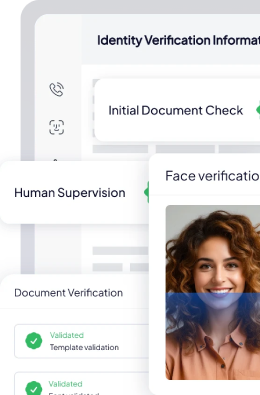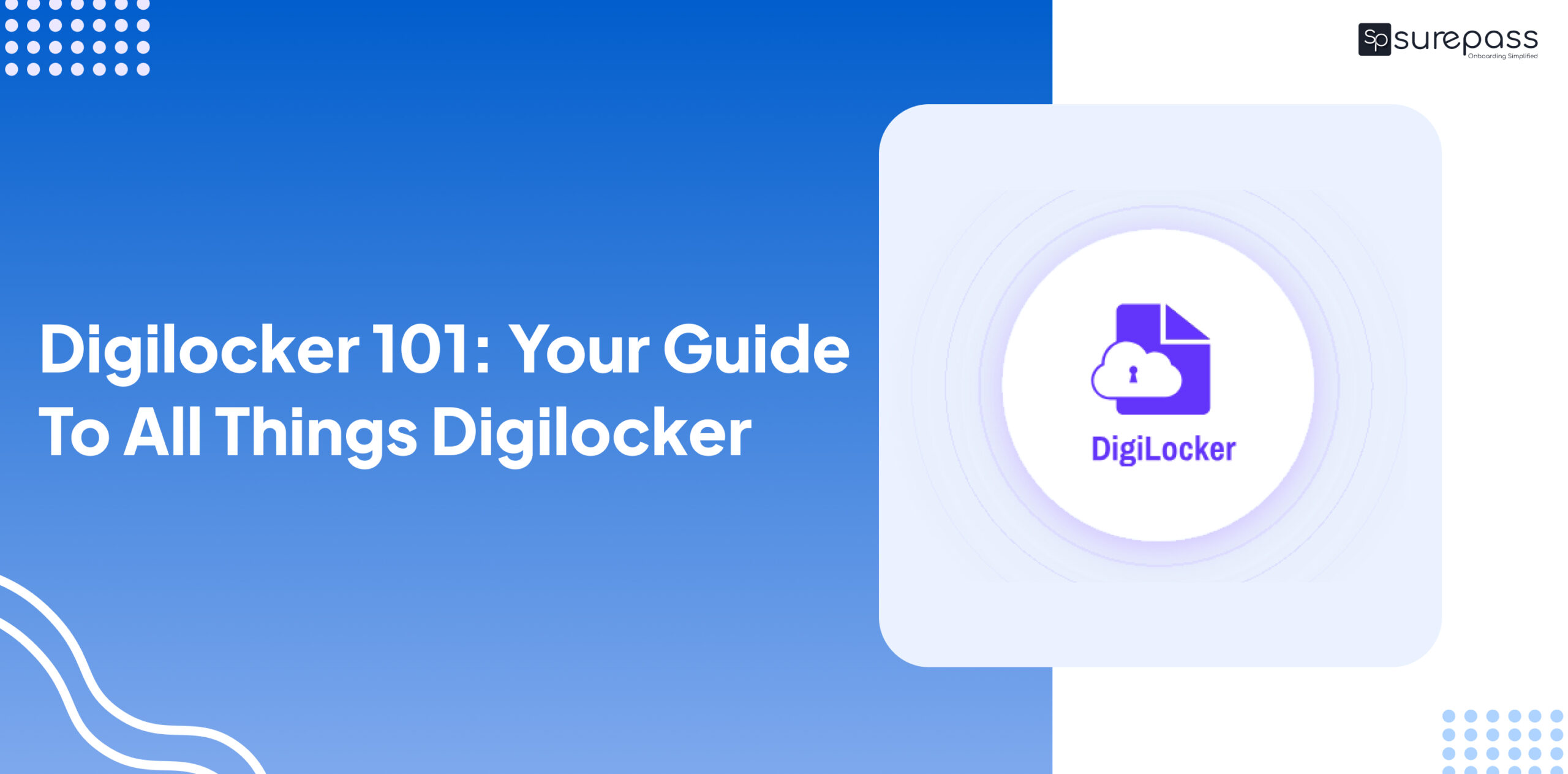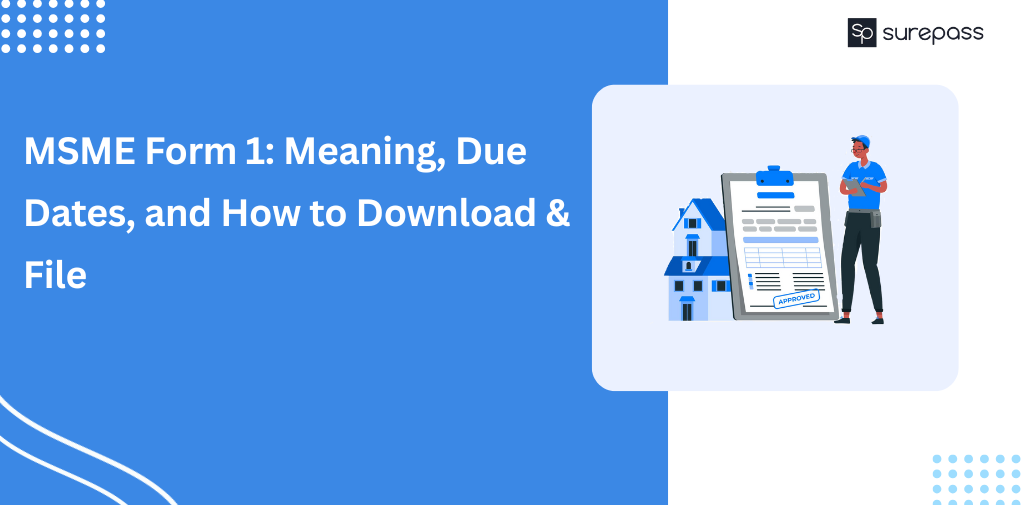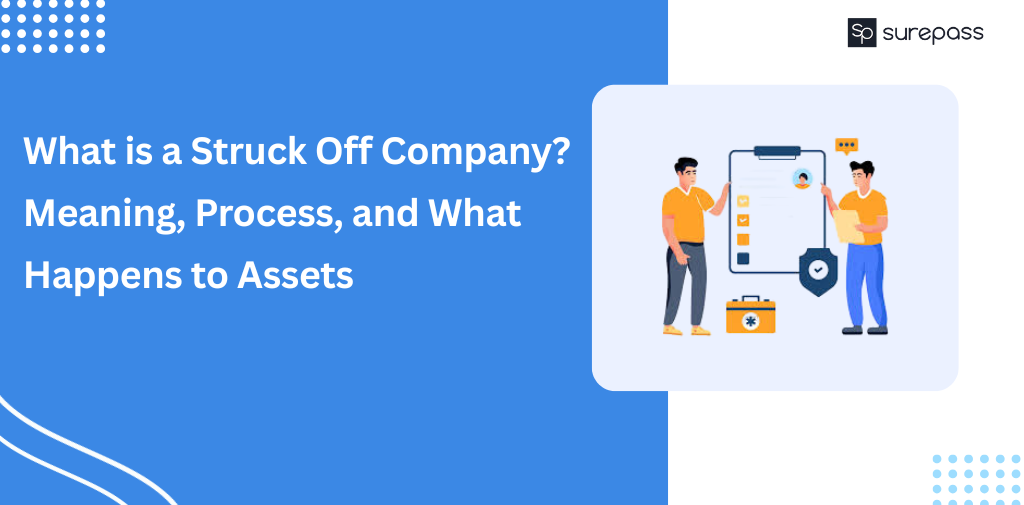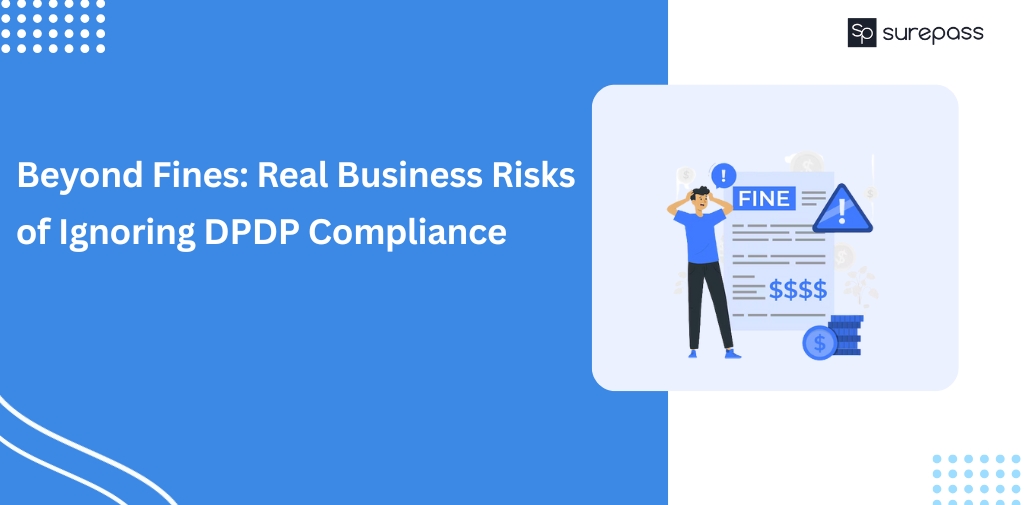Digilocker- One-stop KYC Maintenance System
For business establishments required to have Permanent Account Number, the PAN will be used as a common identifier for all Digital Systems of specified government agencies.”
“An Entity Digilocker will be established for usage by MSMEs, major corporations, and charity trusts. This will be used to securely store and share documents online with various authorities, regulators, banks, and other corporate organizations as needed.”
These two extracts from FM Nirmala Seetharaman’s 87-minute budget statement will serve as the focal point for the financial institution to pivot towards in the future years, regardless of the sector to which they cater.
What Is Digilocker?
Digilocker, which was launched in 2015, is an important project in the government’s Digital India strategy. The flagship programmed intends to make India paperless by offering a “secure document access platform on a public cloud.”
The secure cloud-based platform for storage, powered by Aadhaar card details, has 145.95 million users and 5.62 billion documents saved and issued.
Sign Up For Digi Locker
To activate your Digilocker, you must have an Aadhaar card. Signing up for the Digilocker service is rather simple.
Download the app, authenticate your Aadhaar number or phone number, create a PIN, and complete the signup process.
With 1 GB of space, you may scan and save digital documents such as your driver’s licence, PAN card, voter ID, policy paperwork, and so on. These papers are legally equivalent to originals and can be used as a substitute whenever necessary.
The business has been renewing itself with a new flow called Meri Pehchaan.
With Single Sign-On [SSO] driving the show across numerous companies, Forrester on behalf of Microsoft found that adopting Azure AD’s SSO services may save around $7.1 million over three years.
This improved version places SSO at the core of the user journey, providing greater flexibility and control over the user flow. With capabilities ranging from selecting sign-in methods to obtaining a list of self-uploaded documents to connecting papers, this updated model prioritizes convenience throughout the user experience.
Automate your KYC Process & reduce Fraud!
We have helped 200+ companies in reducing Fraud by 95%
Digilocker stores several types of documents.
Digilocker allows users to upload and save a variety of official documents, including
- Aadhar cards,
- PAN cards,
- Driver’s licence,
- Vehicle registration certificates,
- Birth certificates, and
- Educational credentials.
How Digilocker Works?
Users can have many extra papers and certifications issued to their Digilocker account by various government entities. Some of the issuers that submitted legitimate papers and certifications using Digilocker are listed below:
1.For the Individual
Compared to SafeBase, DocStorer, and other comparable initiatives, Digilocker, a Ministry of Electronics Information and Technology (MeitY) effort, has had very modest acceptance in an economy seeking to be digital in all aspects.
However, with the spotlight now shining brightly on Digilocker’s adoption, there is an opportunity to broaden its reach to improve corporate efficiency and offer room for creativity. This convenience has been built on the concept of a one-stop shop for your documents and KYC needs.
Simply said, your know-your-customer procedures are completed once and may be used for future services. For example, if documentary verification is supplied for bank account creation, Digilocker allows the same documents to be utilised for loan applications as well.
2.For the industry
If stretched beyond a citizen, the precise scope has the ability to provide fintech firms additional freedom in accessing India’s digital infrastructure, and here’s how.
India’s fintech business is expected to expand to $1.3 trillion by 2025, with five major categories.
- Payments
- Lending
- Digital Banking Platforms
- Insurance platforms and
- Wealth
Each bucket relies heavily on KYC to validate a specific consumer and requires documents.
With this drive, fintech companies in India will soon be able to verify consumers for access to financial services using documents stored in the Digilocker. With a repository publicly available, the hope is that low-hanging fruit, such as application programming interfaces (APIs), will be constructed, similar to Aadhaar and other solutions.
Consume an API from an API banking platform, like Surepass. Tap straight into the papers saved in Digilocker > Confirm the validity of the document. Extract information.
While there is an obvious barrier in validating organisations with numerous APIs, this gap also creates the door for standardisation to ultimately gain traction in our ecosystem. The blueprint will be similar to that of an AA (Account Aggregator) platform, with a central server that all outside parties may access for verification.
3.Healthcare
The integration of Digilocker to unlock the potential of an interconnected healthcare ecosystem was separated into two stages:
- Phase one: Onboarding.
- Phase Two: Personal Health Record App.
With each phase, the emphasis remains on bringing together public and private sector partners to broaden the scheme’s reach to more customers.
Centred on a better user experience, the pull of policy papers will not only produce a decrease in operational expenses but also contribute to:
- Improved turnaround time.
- Elimination of complaints about non-delivery of policy copies
- Reduced fraud and conflicts.
- Faster processing and settlement
4.Wealth Management
Wealth Management, previously linked with High Net-worth Individuals (HNIs), large banks, and skilled financial advisers, has now found its pivot. Wealth management is a method of distributing funds to retain liquidity while investing for growth. The essential principles of wealth management have nothing to do with the amount of money to be managed for a person; hence, with an authorization for the digital usage of documents, wealth management has the potential to penetrate Tier 2, 3, and 4 cities.
While easing the know-your-customer (KYC) procedure, market regulator Securities & Exchange Board of India (SEBI) allowed investors to use Digilocker to submit their legally valid papers (OVDs) (proof of identity and proof of address) for KYC purposes.
In order to promote convenience of investment, the intermediary merely needed to validate the investor’s cell phone number, e-mail address, and bank details (via penny drop) to cross-check the information supplied by the client.
Aside from the businesses indicated above, the ability to skip malpractices is critical for the logistics and gaming industries, allowing for fast validation of merchants and gamers who are onboarded into the system.
Additionally, the University Grant Commission (UGC) has been utilizing Digilocker to store mark sheets, degrees, and other education-related data.
Is Digilocker Safe?
Digi locker’s “secure document exchange” and “verification module” allow government authorities to validate data directly from issuers after user authorization.
Scaling this provision to the entity level is seen as a budget masterstroke, with its activities encompassing micro, small, and medium-sized enterprises (MSMEs), major organizations, and charity trusts.
This is where financial inclusion takes Centre stage, and the whole Digilocker initiative is packaged as a concerted attempt to benefit the country’s neglected people.
What Is Digilocker- Advantages
The main lesson from this entire drive is that there will be a concerted effort to increase sector coverage, shorten turnaround times, and reduce loan operational costs. With the three operational pillars solved, fintech businesses would have more space to innovate and provide frictionless finance to the underserved population.
Let’s take a closer look at how Digilocker might drive the aforementioned feelings among fintech businesses.
1.Cost Savings
One of the most important benefits of Digilocker for FinTech is the decrease in operating expenses connected with the physical document collecting and verification procedure. Traditionally, Fintech depended on physical copies of customer-submitted papers for KYC reasons.
This included significant expenses and labour in acquiring, keeping, and validating tangible records.
Digilocker, which aims to promote paperless governance, saves administrative costs by reducing the usage of paper and shortening the verification process. DigiLocker fetches issued papers directly from the issuing agency in real time. This reduces expenses and accelerates the KYC process, allowing fintech companies to enroll consumers more swiftly and efficiently.
2.Easy and Seamless KYC Process
streamlines the KYC process by integrating with finance platforms. Fintech companies may use Digilocker APIs to link the platform with current workflows, streamlining and automating the KYC process. It offers a seamless experience and facilitates a smoother onboarding process.
FinTech’s may also access certain data points from Digilocker based on the consent supplied by clients, tailoring the KYC process to their specific needs. A supplier like Surepass can simply connect with your existing user journey via their APIs, making Digilocker-powered KYC a snap.
3.Access to authentic data.
Aside from cost savings, Digilocker improves the authenticity and integrity of consumer data used for KYC. Digilocker is linked to government databases, thus the papers kept there are regarded as valid and trustworthy. Thus, removing the dangers connected with fraudulent or forged papers lowers the likelihood of identity fraud or misrepresentation.
Furthermore, Digilocker’s integration capabilities enable fintech companies to validate papers in real time, lowering the danger of relying on expired or counterfeit documents. These improve the overall security and integrity of the KYC process, allowing FinTech to comply with regulatory regulations and avoid fraud.
Digilocker Flow with Surepass
With centralization and growth as key takeaways for the whole fintech environment, there is now a fair playing field with the ability for firms to innovate. Right now, the most pressing need is for a completely compliant and scalable tech bridge that can thrive in the government’s sandbox. Surepass’s product range includes a 10X simpler procedure for integrating solutions.
Rest assured, Surepass’s Digilocker solution meets the requirements outlined above, making it a completely compliant and secure solution that is already being used on a large scale by numerous fintech and NBFCs.
How would you want to have your Digilocker onboarding flows in place within a week? What about fully automated, real-time onboarding?
Our single API endpoint eliminates the difficulties of KYC onboarding and establishes a seamless and automated system in real time that is scalable as your business develops, compliant, and totally driven by user agreement.
